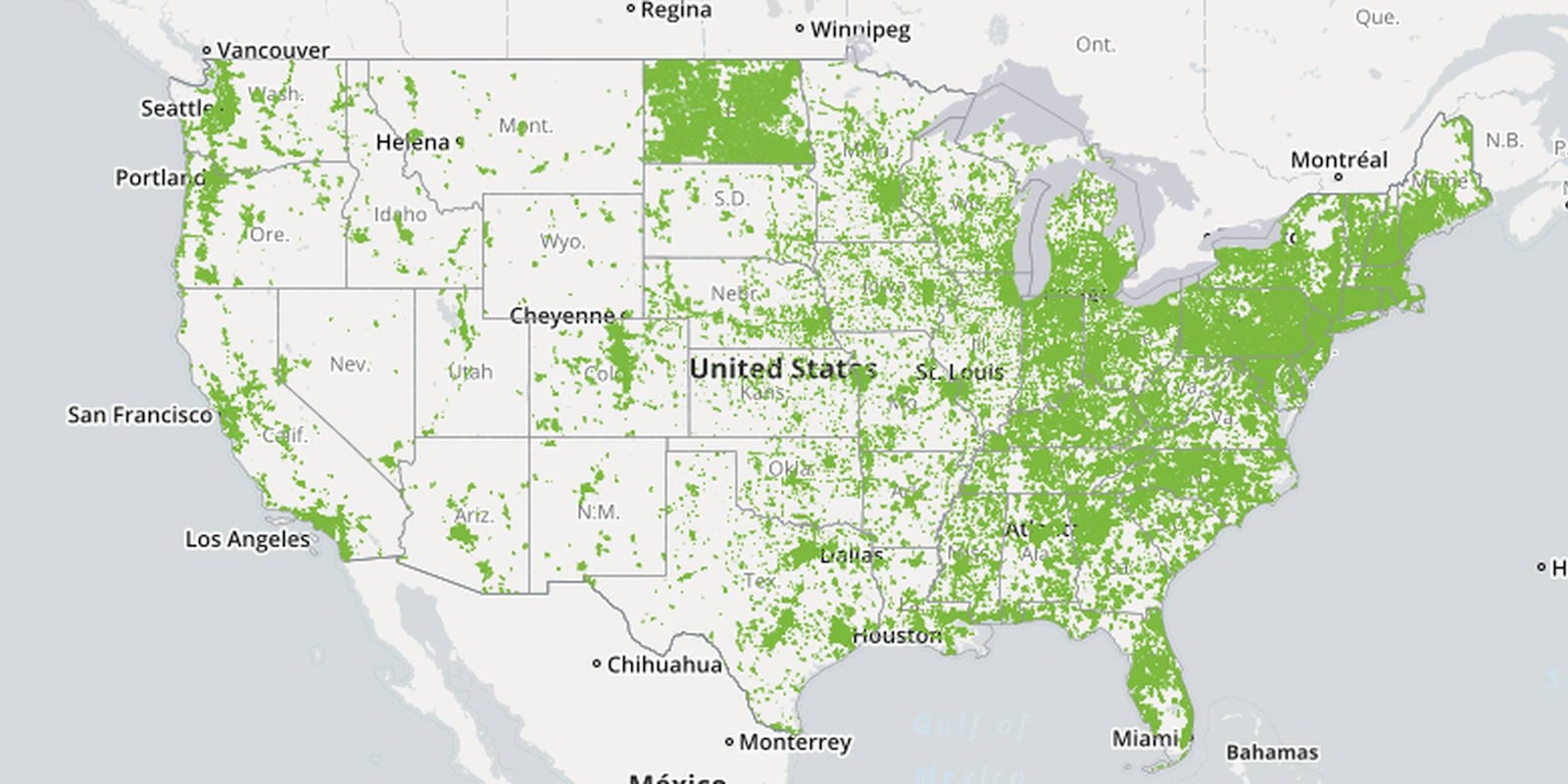What will happen to the internet once Donald Trump becomes president?
Over the past two weeks, President-elect Trump has been building the team that will oversee the Federal Communications Commission’s transition when he assumes power. On Nov. 21, he appointed Jeffrey Eisenach and Mark Jamison, followed by Roslyn Layton on Nov. 30.
What do all three of these people have in common? They’re all open opponents of net neutrality regulations.
Net neutrality a key principle of the open internet, which demands that internet service providers treat all types of data—whether it’s a Netflix stream, a PDF download, or a news website—equally. And last year, the FCC formally enshrined net neutrality principles into its rules, mandating that ISPs treat broadband like a public utility.
Eisenach and Jamison have both worked as lobbyists or consultants for telecom giants, including Verizon and Sprint. Roslyn Layton is a telecom researcher at Aalborg University in Denmark and works as a consultant at Strand Consult. Each has made bold public proclamations criticizing the need for net neutrality regulations, with Jamison having gone so far as to say the agency doesn’t even need to exist.
A New York Times piece on Eisenach’s history highlighted his work as a lobbyist for the conservative American Enterprise Institute, including his testimony before Congress on the pointlessness of net neutrality. During a 2014 hearing before the Senate Judiciary Committee, Eisenach proclaimed “net neutrality would not improve consumer welfare or protect the public interest.” This was under oath. In 2015, he wrote an op-ed for the New York Times once again extolling the dangers of treating the internet like a public utility, claiming regulation would stifle innovation.
Jamison worked as a regulatory policy manager at Sprint and has been a passionate critic of not just net neutrality but the FCC itself. This past October, he published a piece for Tech Policy Daily titled “Do we need the FCC?” In it, he argues the existence of the agency is unnecessary. After all, he says, there are rarely monopolies in telecommunications, so why regulate?
Jamison wrote:
“Most of the original motivations for having an FCC have gone away. Telecommunications network providers and ISPs are rarely, if ever, monopolies. If there are instances where there are monopolies, it would seem overkill to have an entire federal agency dedicated to ex-ante regulation of their services. A well-functioning Federal Trade Commission (FTC), in conjunction with state authorities, can handle consumer protection and anticompetitive conduct issues.Content on the web competes well with content provided by broadcasters, seeming to eliminate any need for FCC oversight of broadcasters. Perhaps there is need for rules for use of the airwaves during times of emergency, but that can be handled without regulating the content providers themselves.”
While this week’s pick of Layton may seem like a more tempered choice than Jamison or Eisenach, she’s still a staunch opponent of net neutrality regulations. Instead, she suggests, we should just let the markets figure it out. After all, they have a vested interest in keeping customers happy. In a piece published by AEI titled “Do we need government regulation to preserve net neutrality?” she lays out this idea.
“Regulation proponents argue that without such rules (Title II) your Internet provider would speed up or slow down websites. There have never been rules against this, but Internet providers don’t do it anyway. Simply put, the business opportunity to deliver an open Internet is far greater. Failing that, antitrust laws deter discriminatory behavior, already ensuring net neutrality. Of the billions of Internet experiences every day, there are only two minor net neutrality violations on record. They were resolved swiftly with existing rules.”
While any one of these advisors might help add balance as the Trump administration figures out its internet strategy, the combination of all three raises serious questions about the future of net neutrality and the FCC itself.
The question now is, will Trump allow the internet to remain as it is—relatively free and open for anyone who has a connection—or will he let Comcast, Verizon, AT&T, and the rest of the market decide?
